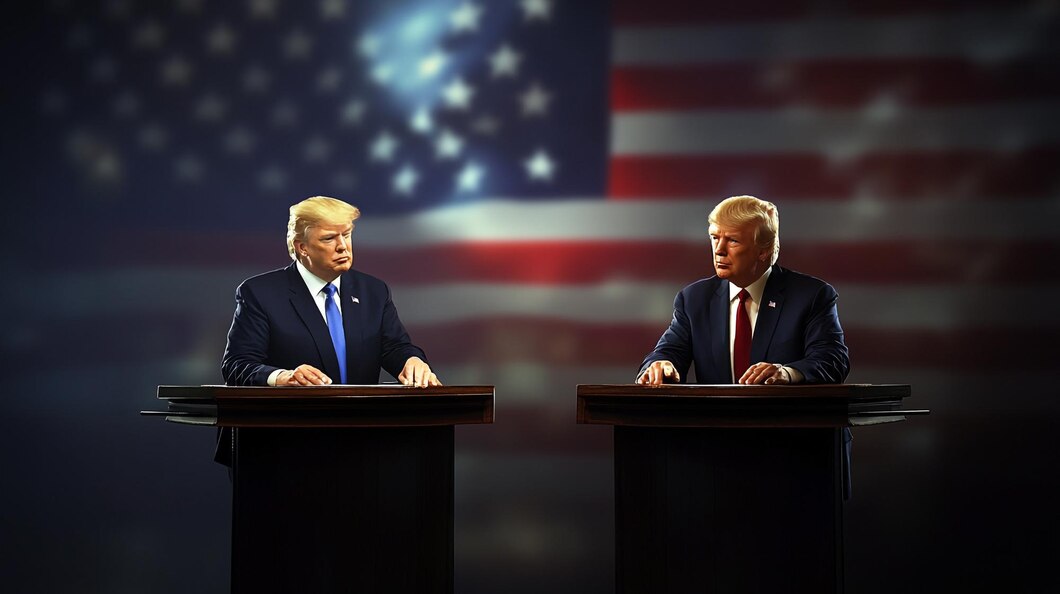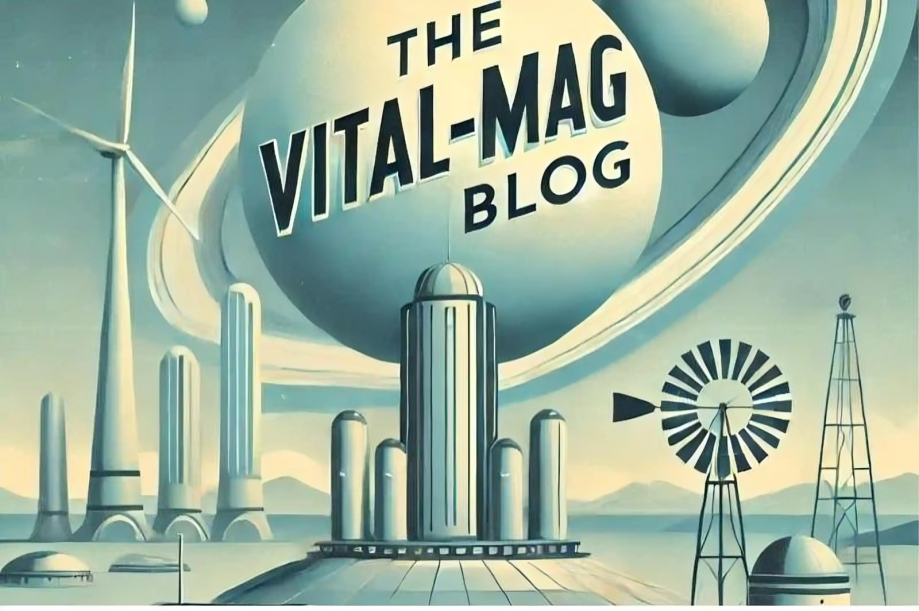Understanding the presidential debate
A presidential debate provides candidates a platform to present their vision, engage in dialogue, and address national challenges directly.
The History and Evolution of presidential debates
The Key Elements of a presidential debate
A compelling presidential debate combines clear communication, structured arguments, and the ability to resonate emotionally with diverse audiences.
Content Mastery
Candidates must demonstrate mastery of complex issues, presenting concise, informed responses while countering opponents’ claims with data-driven arguments.
Charismatic Delivery
Tone, body language, and expressions significantly influence audience perception, often more than the substance of the discussion.
Audience Engagement
Interactive formats like town halls add an emotional dimension, creating a dialogue that connects viewers with candidates’ intentions.
Conflict Management
Handling interruptions, provocations, or contentious moments with poise reflects a leader’s temperament, resilience, and ability to navigate crises.
How a presidential debate Shapes Public Opinion
Consider Ronald Reagan’s humor, Barack Obama’s eloquence, or Donald Trump’s provocative energy—these instances demonstrate how debates crystallize candidates’ personas. Social media amplifies such moments, allowing instantaneous reactions that ripple through public discourse, cementing debates as critical milestones.
Strategies Behind Winning a presidential debate
Successful candidates combine preparation, authenticity, and adaptability to navigate the high-stakes dynamics of a presidential debate.
Rigorous Preparation
Candidates meticulously rehearse potential scenarios, memorizing key talking points and formulating rebuttals against anticipated criticisms.
Maintaining Composure
Poise under pressure signals confidence. Avoiding defensive behavior or emotional outbursts reflects leadership qualities voters value in turbulent times.
Connecting with Viewers
Using relatable anecdotes, empathetic language, and a conversational tone fosters trust, making policies resonate beyond intellectual arguments.
Striking Memorable Notes
Crafting soundbites or slogans enhances media coverage, ensuring a candidate’s vision dominates post-debate analyses and public discourse.
The Role of Moderators in presidential debates
Moderators, meanwhile, balance the scales by posing challenging questions, enforcing rules, and ensuring equitable speaking time during these high-stakes events.
Furthermore, an effective moderator extracts clarity by addressing critical issues, probing inconsistencies, and refocusing discussions that veer into rhetoric. In doing so, they maintain neutrality, which empowers viewers to evaluate substance over spectacle. However, while moderators often face criticism for perceived biases, their presence nevertheless underscores debates’ credibility as essential democratic exercises.
The Impact of Media and Technology on Debates
Modern technology amplifies presidential debates, significantly enhancing real-time analysis, fact-checking, and audience interaction across diverse platforms.
Moreover, social media has redefined engagement by allowing live commentary, memes, and trends to actively shape public narratives during debates. For instance, platforms like Twitter host dynamic conversations, thereby bridging generational divides and further democratizing access to political discourse. In addition, advancements in artificial intelligence now facilitate rapid fact-checking, which plays a critical role in holding candidates accountable for accuracy.
On the other hand, digital tools also pose significant challenges, ranging from deepfakes to misinformation campaigns. As a result, these issues highlight the pressing need for improved media literacy among viewers.
Memorable Moments from Past presidential debates
Historic debates reveal moments of triumph, blunder, and transformation that redefined political campaigns.
- Kennedy-Nixon 1960: Kennedy’s poised demeanor contrasted Nixon’s visibly strained appearance, emphasizing television’s growing influence.
- Reagan-Mondale 1984: Reagan’s witty remark about age dispelled concerns over his capacity to lead, turning potential criticism into a strength.
- Trump-Clinton 2016: Trump’s unpredictable style and Clinton’s composed responses underscored sharp contrasts, energizing polarized voter bases.
These instances remind us that debates capture fleeting yet impactful encounters between leaders and history.
The Significance of a presidential debate for Voters
For voters, presidential debates clarify candidates’ positions, expose inconsistencies, and provide tools to make informed decisions.
Unlike campaign ads or partisan narratives, debates emphasize unedited exchanges, offering transparency. Voters observe not only policies but also candidates’ demeanor, trustworthiness, and capability to lead under pressure.
This impartial lens fosters accountability, ensuring leaders remain grounded in voters’ aspirations rather than party politics.
Challenges Faced During presidential debates
presidential debates face scrutiny for logistical, ethical, and performative challenges that complicate their execution.
- Time Constraints: Condensing complex topics into brief responses risks oversimplification.
- Bias Allegations: Accusations of media favoritism or moderator bias affect public trust.
- Overemphasis on Performance: Spectacle often overshadows policy depth, shifting focus from substance to style.
Addressing these issues requires continuous dialogue, innovation, and adherence to democratic principles.
Future Trends in presidential debates
The future of presidential debates hinges on inclusivity, technological integration, and adapting formats to modern audience expectations.
Innovations like augmented reality could enrich debates, providing immersive visualizations of policies. Meanwhile, diverse moderator panels and multilingual formats reflect societal progress. As debates evolve, preserving their core mission—strengthening democracy through dialogue—remains paramount.
presidential debate: A Symbol of Democratic Spirit
The presidential debate exemplifies democracy’s resilience, offering citizens a front-row seat to leadership in action.
In these moments, politics transcends partisanship, focusing on solutions, accountability, and shared aspirations. Each debate reminds us of the profound impact informed citizens have in shaping collective futures.
Unveiling the Mystery: Who is Bossb1tch0680?
FAQs
What is the main purpose of a presidential debate?
presidential debates aim to inform voters by showcasing candidates’ positions, abilities, and leadership qualities directly.
How do presidential debates influence election outcomes?
Debates shape public opinion by highlighting strengths, exposing weaknesses, and generating memorable moments that resonate with voters.
What role do moderators play in presidential debates?
Moderators ensure balance by asking probing questions, enforcing rules, and facilitating clear, fair discussions among candidates.
Why are presidential debates important in democracy?
Debates foster transparency, enabling citizens to make informed decisions and hold leaders accountable to public expectations.
How has technology changed presidential debates?
Technology expands access, enabling real-time fact-checking, social media engagement, and global participation in democratic discourse.
What are some iconic moments in presidential debate history?
Memorable moments include Kennedy-Nixon’s 1960 debate, Reagan’s 1984 humor, and Trump-Clinton’s 2016 dynamic exchanges.
Conclusion
The presidential debate remains a cornerstone of democracy, reflecting society’s aspirations while challenging leaders to rise above rhetoric.
As the political stage evolves, debates symbolize an enduring commitment to accountability, dialogue, and the shared pursuit of progress. Through preparation, poise, and authenticity, these forums reveal the heart of leadership, empowering voters to shape history.










